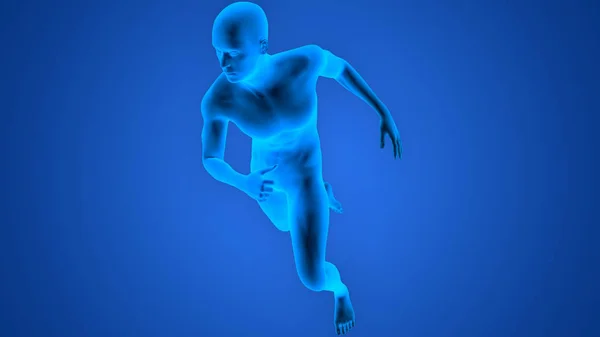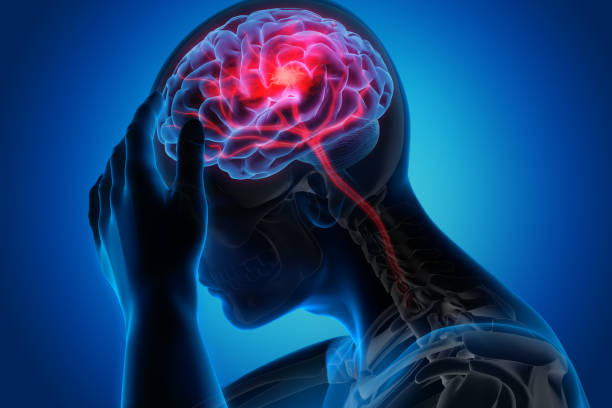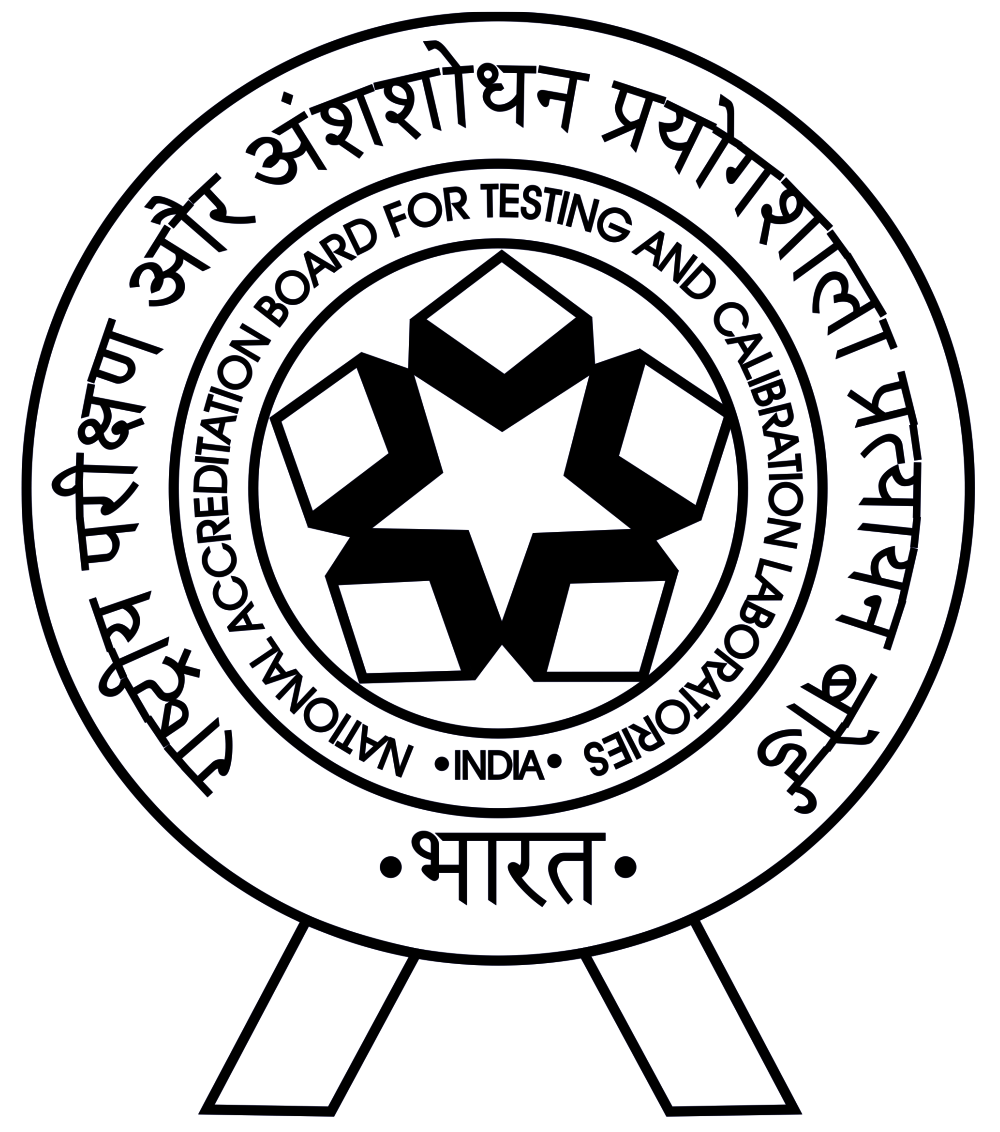
Understanding Movement Disorders: Types, Symptoms, and Causes
- Movement Disorders encompass a range of conditions impacting the Nervous System and Affecting movement control. Normally, the Nervous system communicates with Muscles to facilitate Smooth, coordinated movements. However, individuals with movement disorders experience disruptions in these Messages, Leading to various symptoms.
- Some movement disorders manifest as increased movements, resulting in Tremors or Spasms, while others cause a slowing down of movement, leading to Stiff or Rigid muscles.
Common types of movement disorders include:
- Ataxia: Affecting the part of the Brain controlling coordinated movement, Ataxia can cause uncoordinated Balance, Speech, or Limb movements, among other symptoms. It may stem from Genetic, Degenerative, Infectious, or Treatable conditions.
- Cervical Dystonia: Involuntary contractions of Neck Muscles cause the Head to pull to one side or tilt forward or backward, often accompanied by Shaking.
- Chorea: Characterized by Rapid, Irregular, Involuntary movements involving various body parts, Chorea resembles exaggerated fidgeting.
- Dystonia: Involving sustained involuntary Muscle Contractions and Repetitive Twisting movements, Dystonia may affect the entire body or specific body parts.
- Functional Movement Disorder: Resembling other movement disorders, this condition is not due to Neurological disease and is treatable.
- Huntington's Disease: A progressive Inherited Disorder, Huntington's disease presents with Uncontrolled movements, Cognitive impairment, and Psychiatric symptoms.
- Multiple System Atrophy: This rare disorder affects multiple Brain systems, causing movement disorders like Ataxia or Parkinsonism, along with other symptoms such as Low Blood Pressure and Bladder Dysfunction.
- Myoclonus: Quick, Lightning-like muscle Jerks characterize this condition.
- Parkinson's Disease: A slowly progressive disorder, Parkinson's disease leads to Tremors, Muscle Stiffness, Slow movement, and other symptoms like reduced sense of Smell and Constipation.
- Parkinsonism: Describing Slowness of Movement, Stiffness, Tremor, or Loss of Balance, Parkinsonism can have various causes, including Parkinson's disease, certain Medications, Degenerative Disorders, Stroke, or Head Trauma.
- Progressive Supranuclear Palsy: This rare disorder affects Walking, Balance, and Eye movements, resembling Parkinson's disease but distinct.
- Restless Legs Syndrome: Individuals experience uncomfortable sensations in the legs, often relieved by movement, particularly when relaxing or lying down.
- Tardive Dyskinesia: Caused by long-term use of certain Psychiatric Medications, Tardive Dyskinesia results in repetitive, involuntary movements like Grimacing or Blinking.
- Tourette Syndrome: Onset typically occurs in Childhood or Adolescence, Characterized by repetitive movements and vocal sounds.
- Tremor: Rhythmic Shaking of Body Parts, such as Hands or Head, Defines this disorder, with essential tremor being the most common type.
- Wilson's Disease: This rare inherited disorder causes excessive copper buildup in the body, leading to Neurological issues like Dystonia, Tremor, Parkinsonism, or Ataxia.
Looking for an Expert
ShardaCare - Healthcity is home to some of the eminent Doctors in the world.
Book an Appointment


























